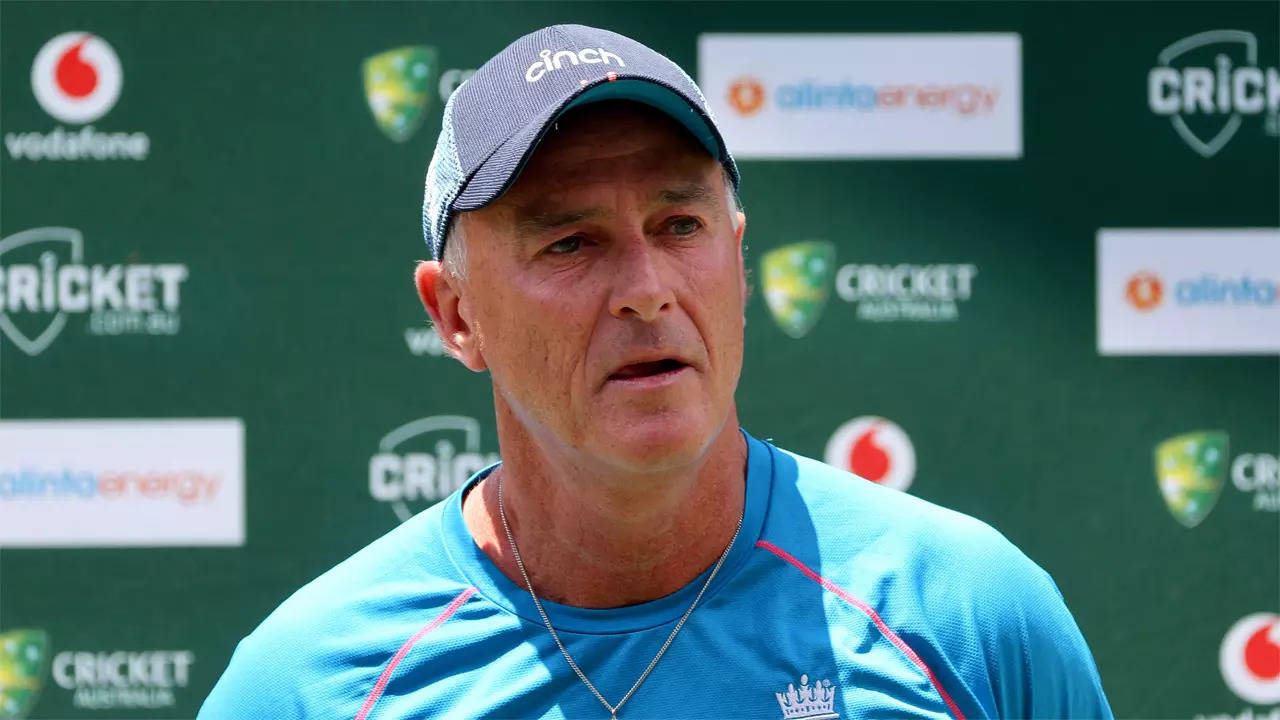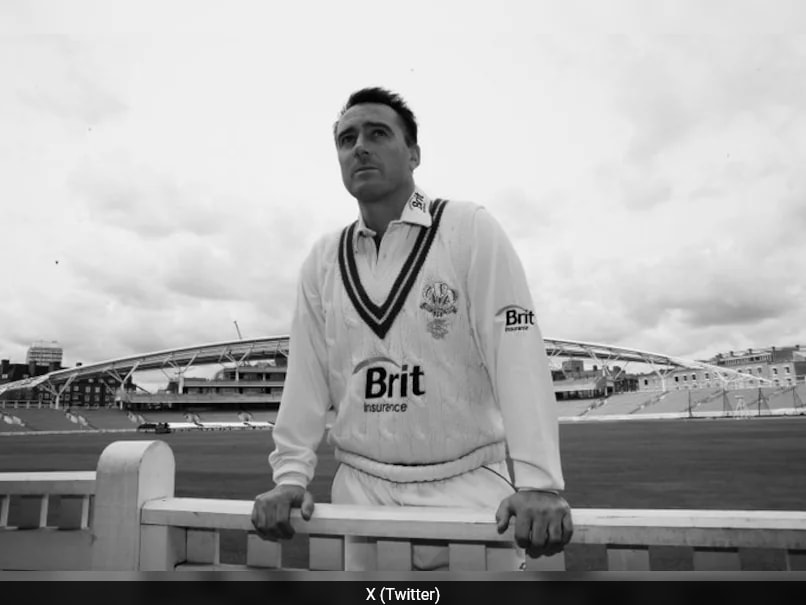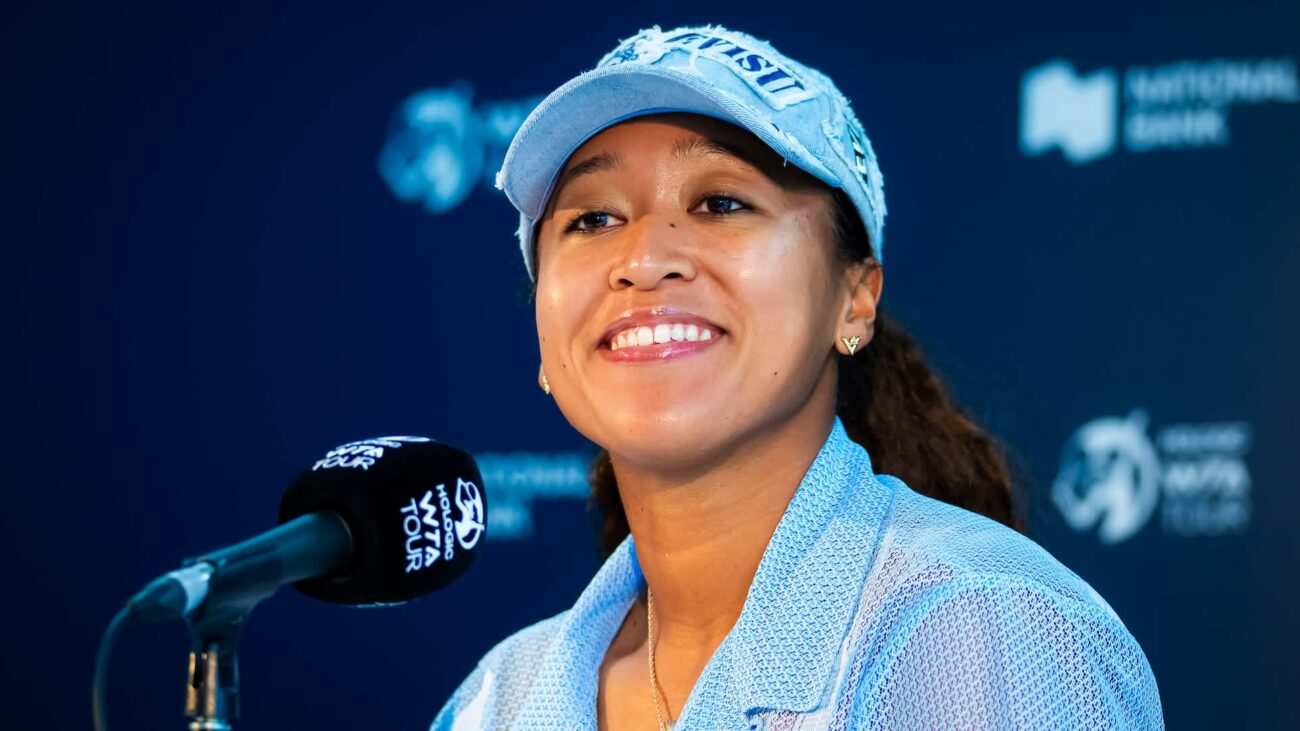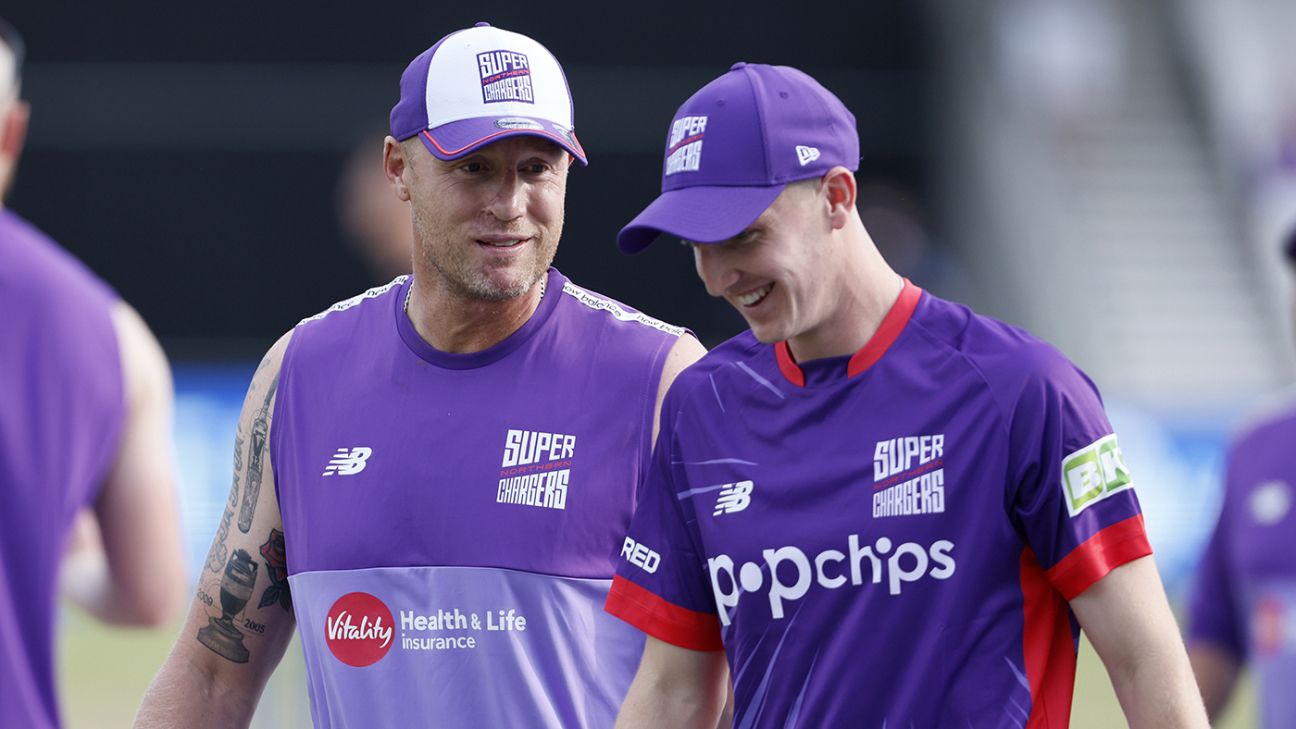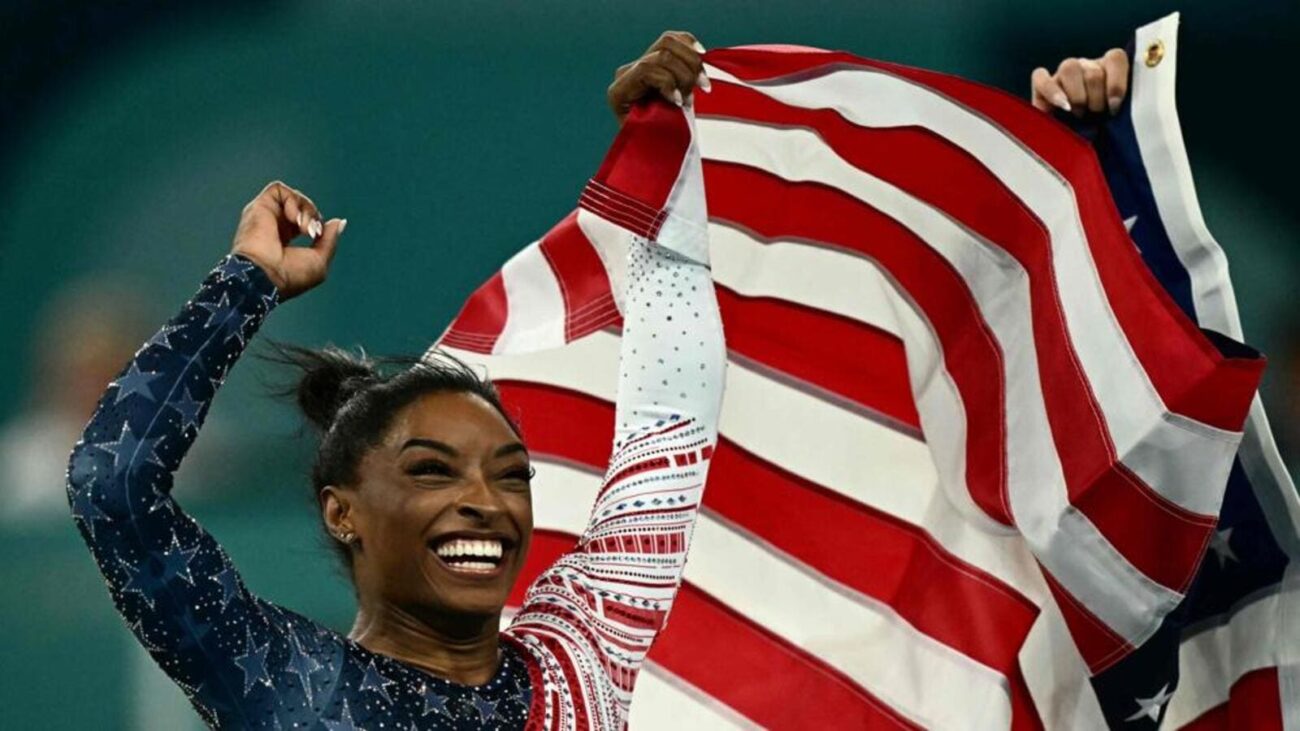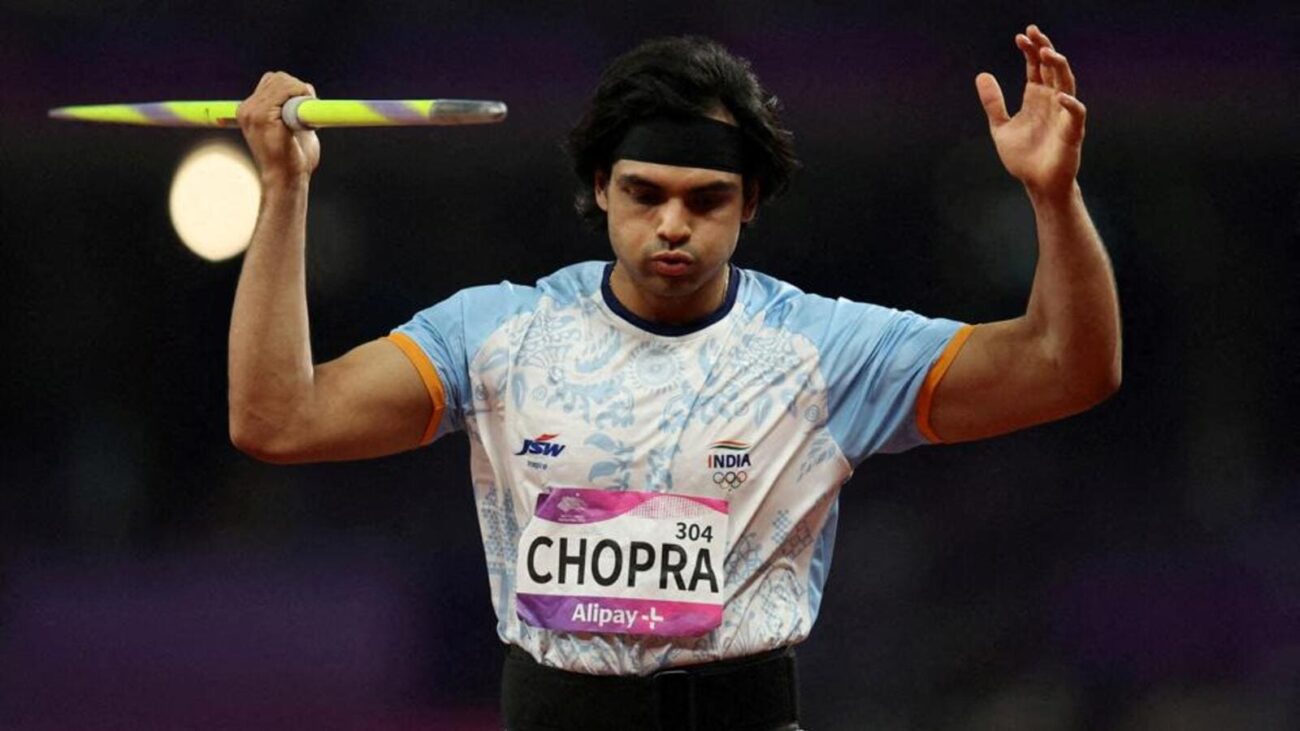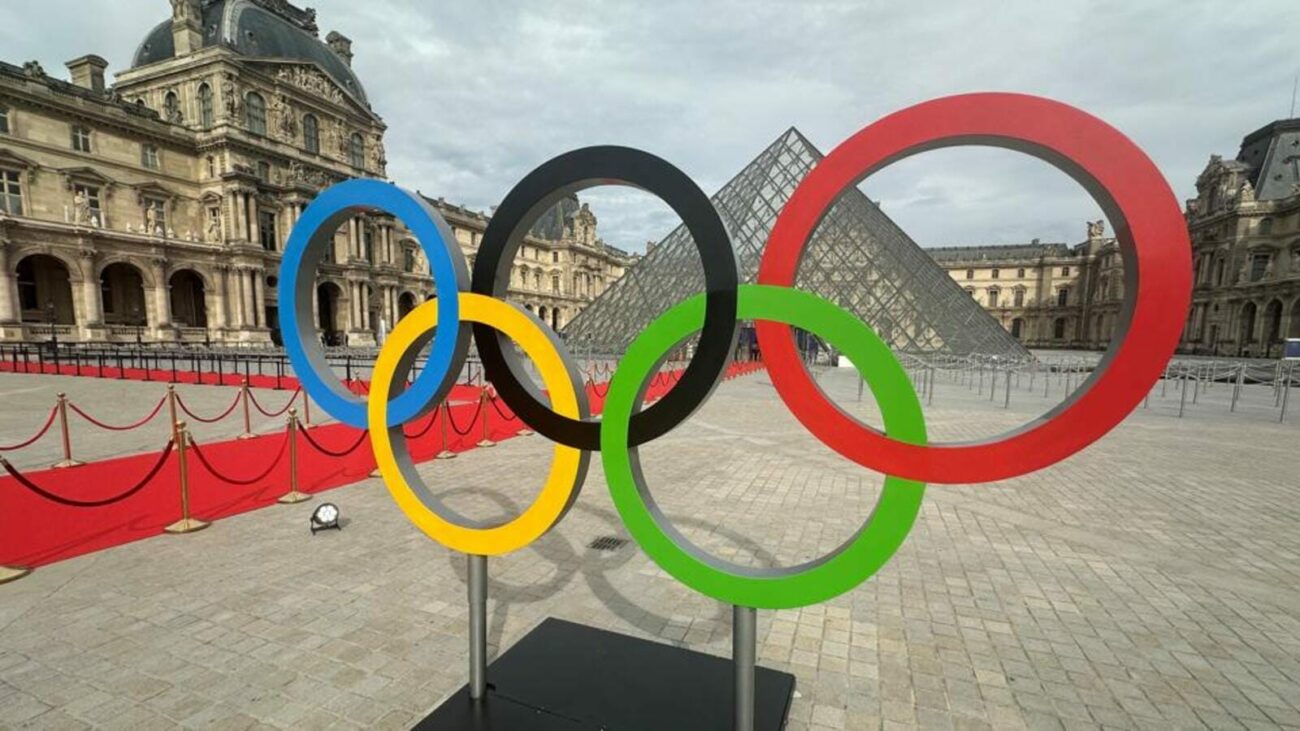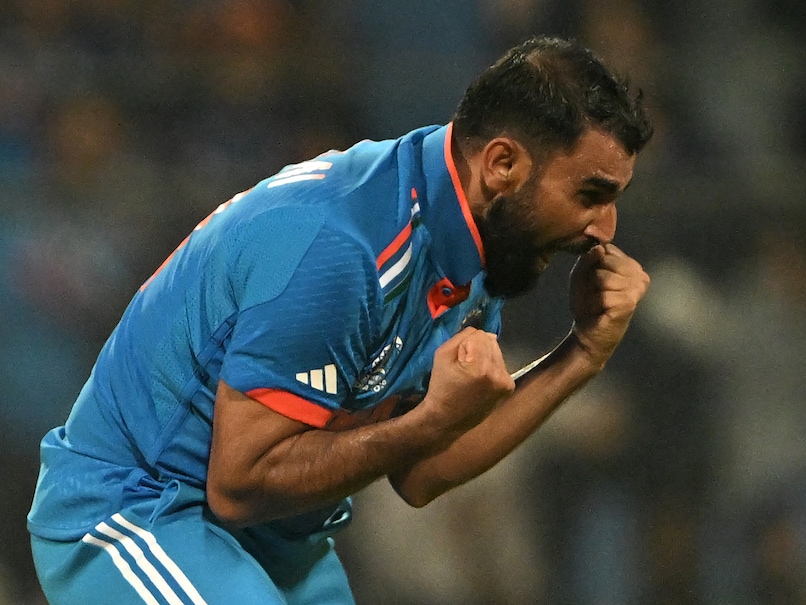Former England Batsman Graham Thorpe Dies by Suicide
Graham Thorpe, the former England batsman, tragically lost his life after being struck by a train at Esher railway station on August 4, 2023. The inquest held on Tuesday revealed that the 55-year-old had taken his own life.
Thorpe’s wife, Amanda, had reported him missing on Monday, and his body was later identified. The Surrey Coroner’s Court in Woking confirmed that Thorpe suffered “traumatic injuries” in the incident.
Area coroner for Surrey, Simon Wickens, recorded Thorpe’s cause of death as multiple injuries during a brief hearing. He expressed his condolences to Thorpe’s family and all those affected by his passing. A date for the full inquest will be scheduled later.
Thorpe’s death has sent shockwaves through the cricket world, where he was a highly respected figure. He had a distinguished England career as an elegant batsman from 1993 to 2005, amassing over 9,000 runs in 100 Test matches and 82 one-day internationals. He scored 16 Test centuries and was known for his composure and technique.
After retiring from playing, Thorpe served as a coach for England and Surrey for 12 years. He was highly regarded for his knowledge and ability to develop young players. However, in May 2022, he was hospitalized and described as “seriously ill.”
Amanda Thorpe revealed to The Times that her husband had attempted suicide two years prior to his death. She said that despite having a loving family, Thorpe struggled with mental illness and believed that his family would be better off without him.
Thorpe’s daughter, Kitty, 22, emphasized the importance of talking about mental health and reducing the stigma associated with it. She said that her father was a strong person on the field but that mental illness can affect anyone.
Graham Thorpe’s legacy as a cricketer and coach will be remembered, but his passing also highlights the importance of addressing mental health issues and providing support to those who are struggling.

